International Students Struggling with Visa Delays
International students in Portugal are facing significant challenges with visa delays, which are impacting their ability to attend classes. On average, students wait nearly two months for their visa, but some have reported waiting for almost a year. This issue has been raised to the attention of the government as it poses a major barrier to academic success.
Paulo Jorge Ferreira, president of the Council of Rectors and rector of the University of Aveiro, confirms that this delay is a widespread problem across public universities. The situation is particularly dire for foreign researchers who often abandon their positions due to visa issues. Ferreira highlights the excessive bureaucracy involved, which complicates matters for those needing to return home for family emergencies.
The Polytechnic Institute of Bragança (IPB) is also experiencing similar delays, especially affecting students from Brazil, Cape Verde, Angola, Mozambique, and Guinea, where obtaining timely visa authorization is nearly impossible. Students often pay registration fees and tuition without guaranteed visa approval, risking financial loss if their applications are denied.
Lack of Government Response
The Portuguese Association of Private Higher Education (APESP) has identified over 60 international students awaiting visas for master's programs. The situation is especially critical for students from India, where the Portuguese consulate in New Delhi has dozens of pending applications without responses.
Institutions like the Santa Maria Health School and Atlântica University have reported multiple students waiting for visas, with some missing nearly the entire first year of their master's programs. José Manuel Silva, president of APESP, has been seeking a meeting with the Minister of Foreign Affairs, but has received no response.
Academic Impact on Students from PALOP
A recent report from Nova SBE and NOVAFRICA indicates that delays in visa processing are a significant barrier to academic success for students from Portuguese-speaking African countries (PALOP). The study revealed that 93% of students cited visa delays as a major reason for late arrivals, with 76% stating it was the only reason.
Proposed Solutions
To address these issues, researchers suggest that universities should release acceptance results earlier, ideally in May, allowing students to arrive in time for the start of the academic year. Additionally, prioritizing student visa applications at consulates could expedite processing times.
Challenges Beyond Visa Delays
Once in Portugal, students face difficulties integrating into academic life. Many struggle to keep up with coursework, and 60% reported challenges in finding housing. The high cost of living also forces 9.6% of students to work more than 30 hours a week, which can hinder their academic performance.
The overall situation highlights the need for systemic changes to support international students in Portugal more effectively.






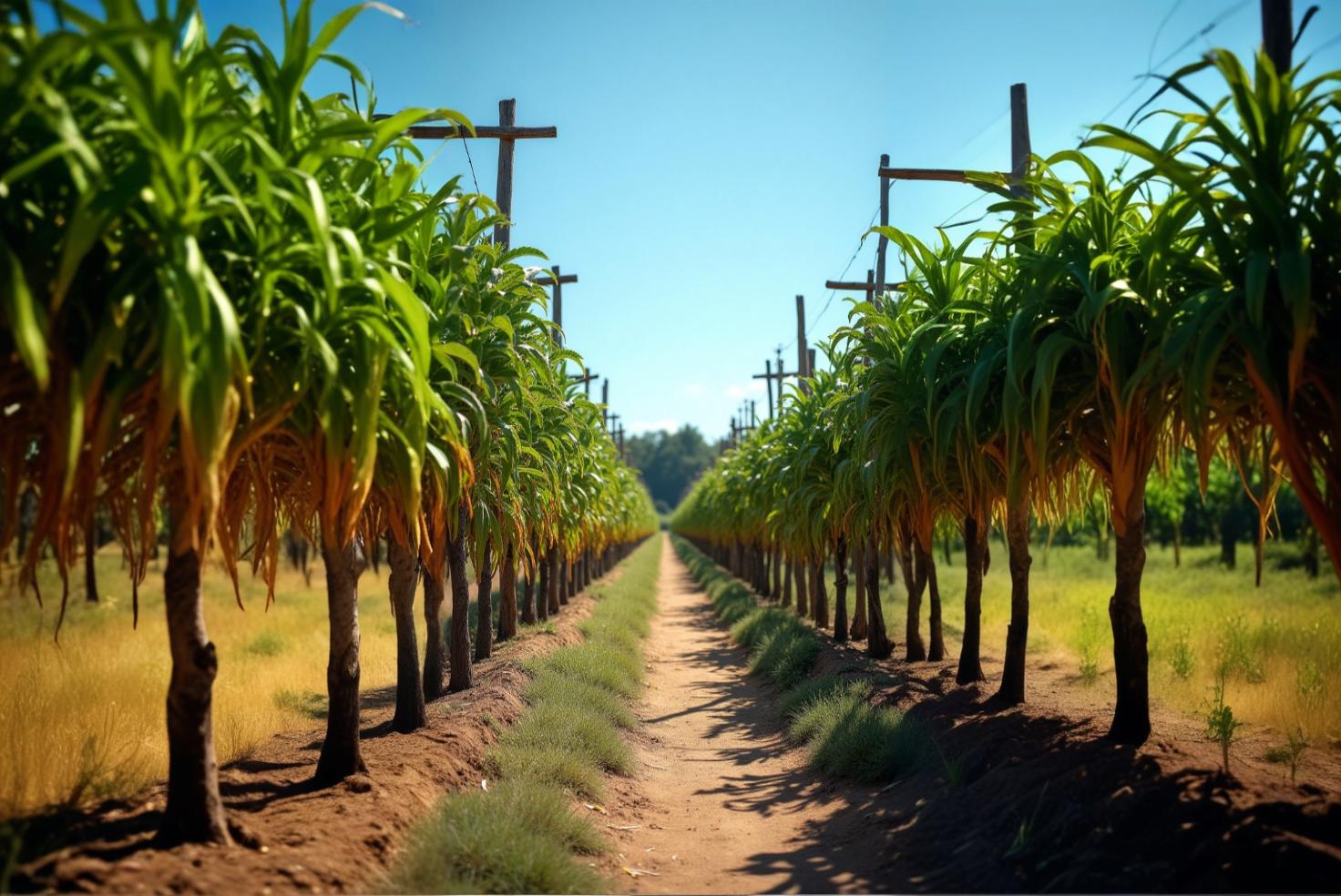
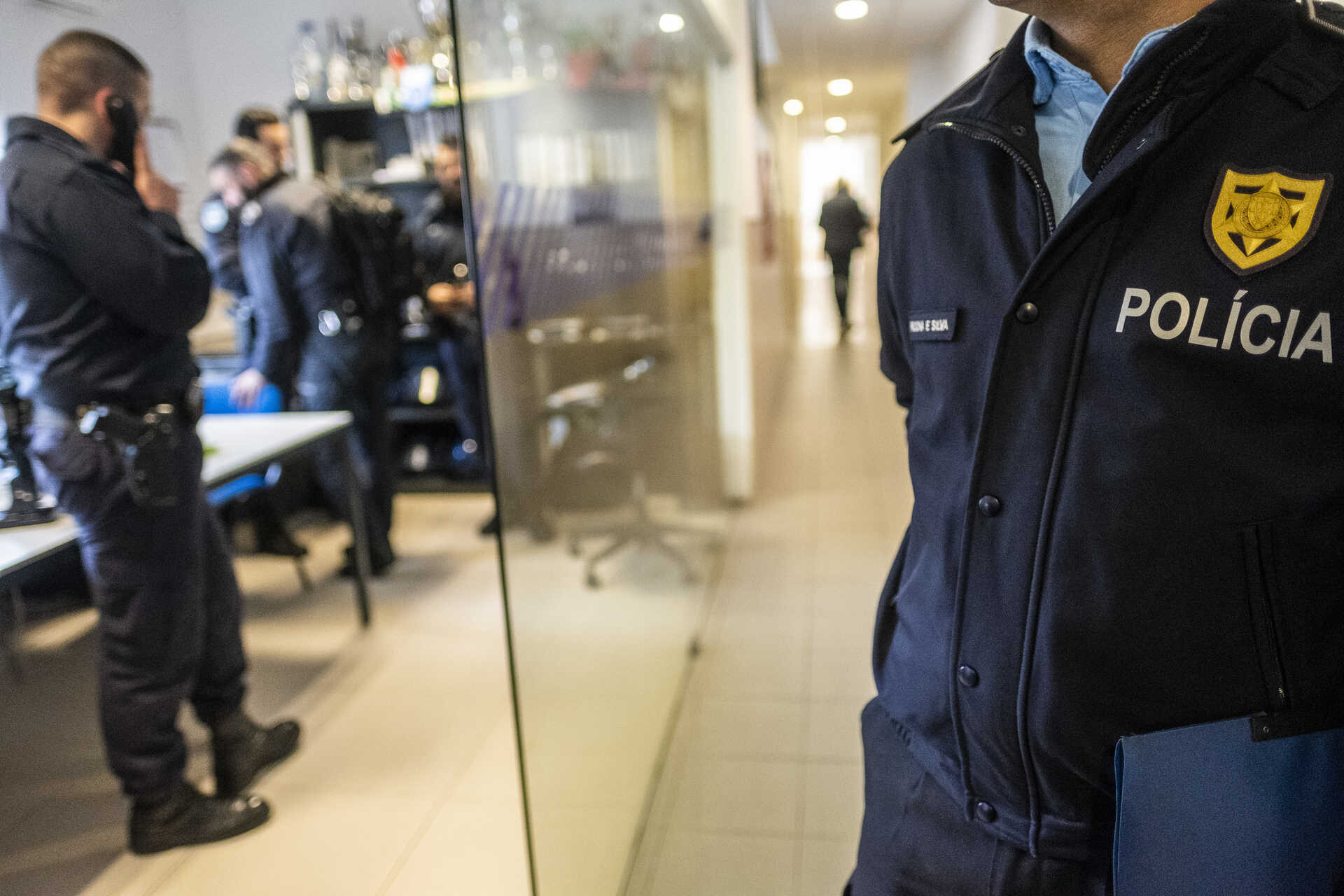







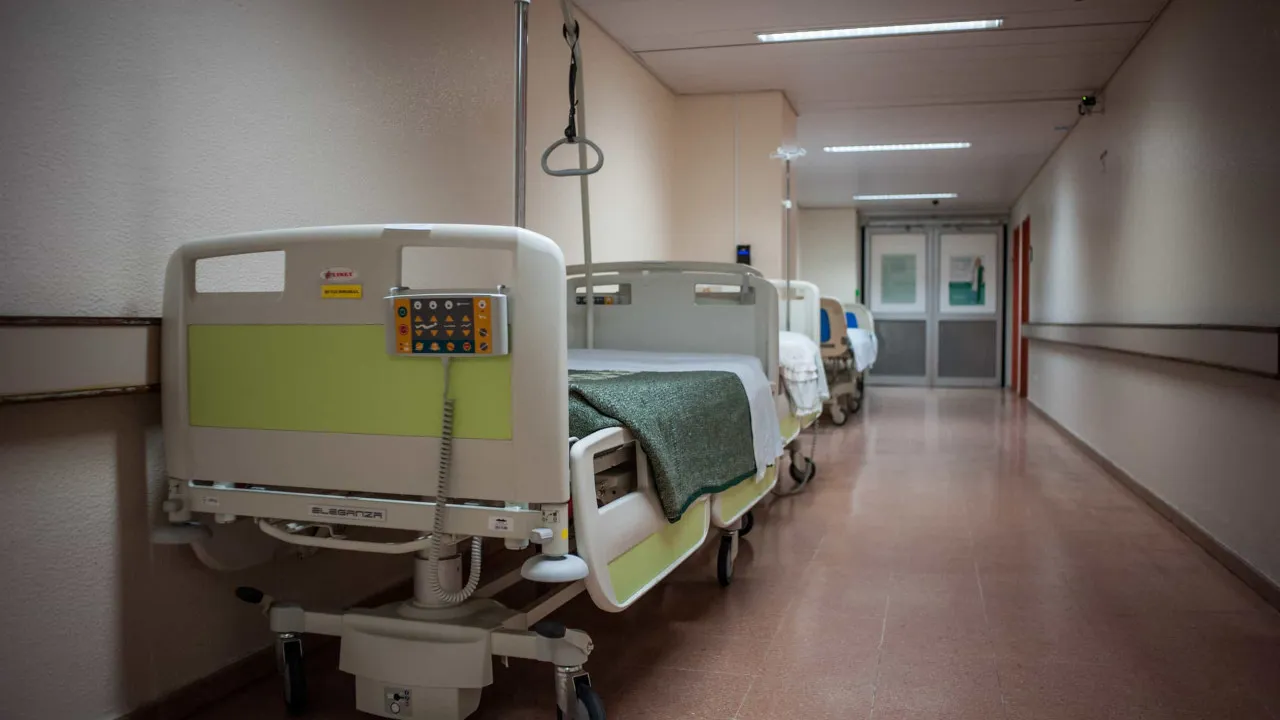


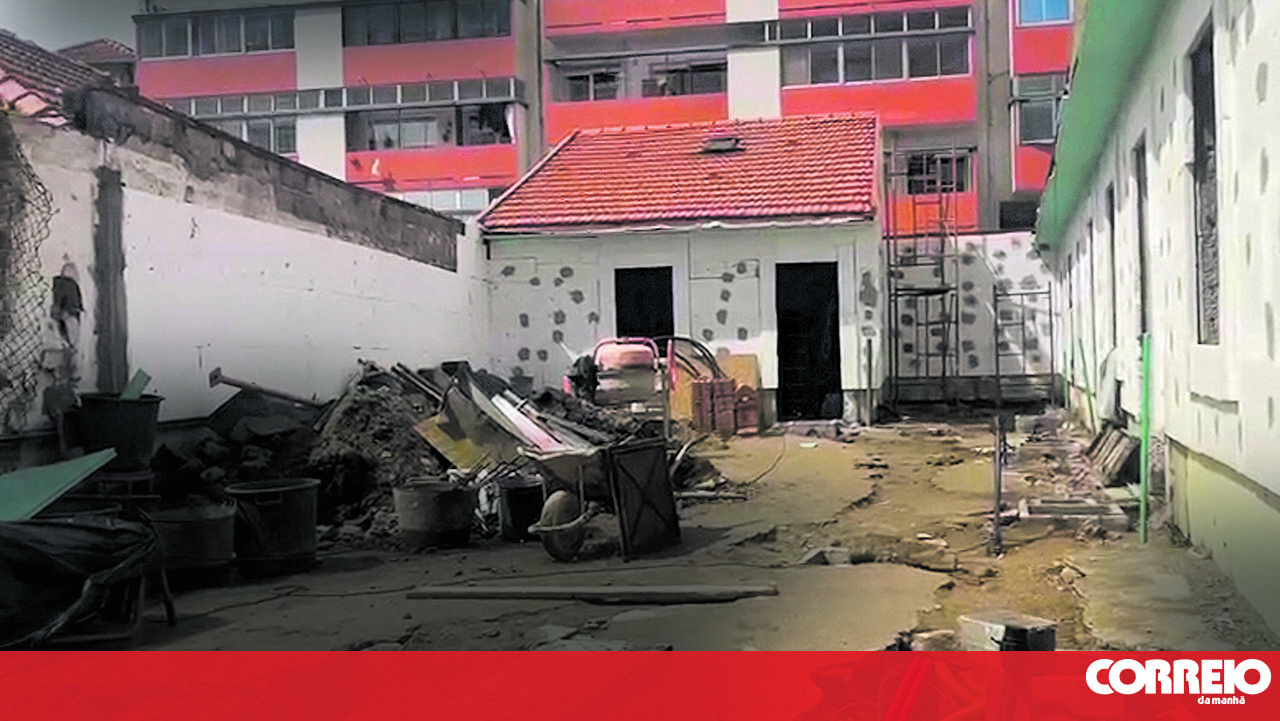
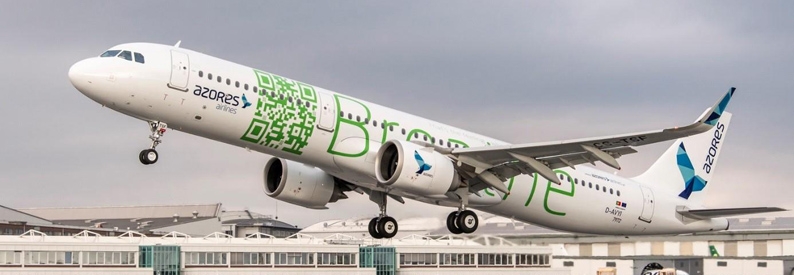


Comments
Join Our Community
Sign up to share your thoughts, engage with others, and become part of our growing community.
No comments yet
Be the first to share your thoughts and start the conversation!